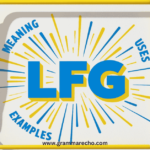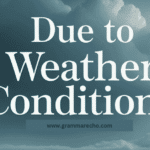Confusing Words
Explore words that sound similar but have different meanings (like “their,” “there,” and “they’re”). Learn how to tell them apart, use them correctly, and avoid mix-ups in your writing. Clear, simple explanations to help you choose the right word every time!

Lead or LEED: When to Use Which One?
In today’s world, the terms Lead and LEED often cause confusion, yet they hold distinct meanings in different contexts. Understanding ...

Hoodie or Hoody? Choosing the Right Spelling
When it comes to casual wear, the debate over Hoodie or Hoody? often leaves people puzzled. Both terms refer to ...
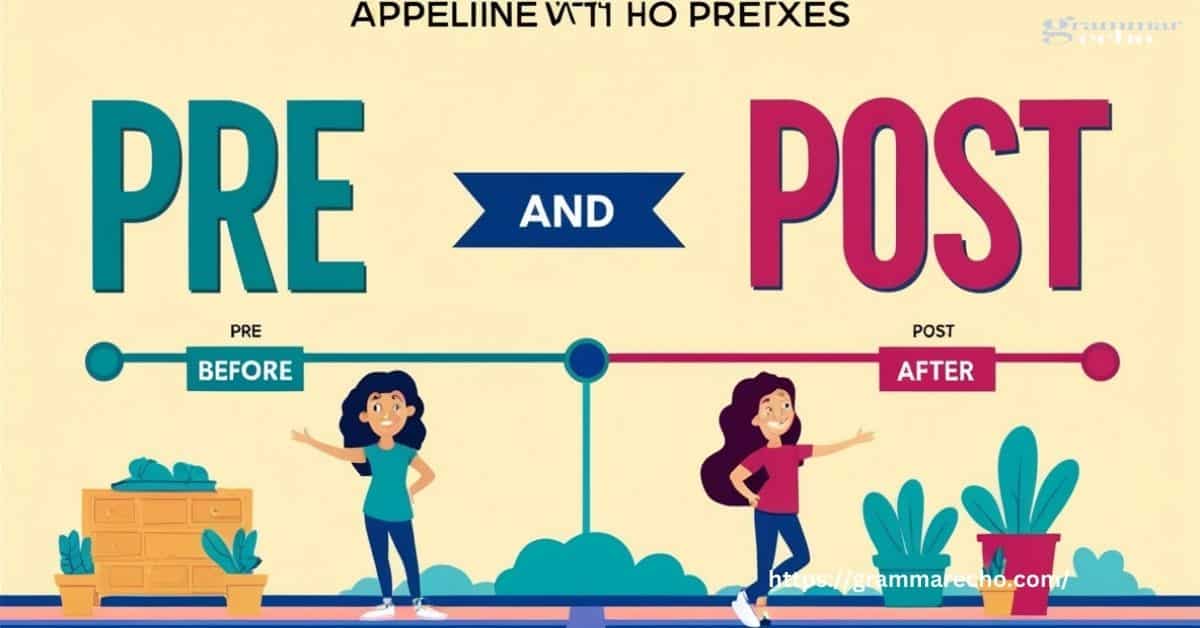
Post vs pre – Which Prefix to Use?
Understanding the difference between pre and post is essential for effective communication. These two tiny prefixes pack a significant punch, ...

Repetition vs Parallelism: What’s the Difference?
Understanding the nuances of Repetition vs Parallelism is essential for any writer looking to enhance their craft. These two powerful ...

Of Course or Ofcourse: Which One Should You Use?
In language, clarity is key, especially when navigating commonly confused phrases like “Of Course” and “Ofcourse.” While they may seem ...
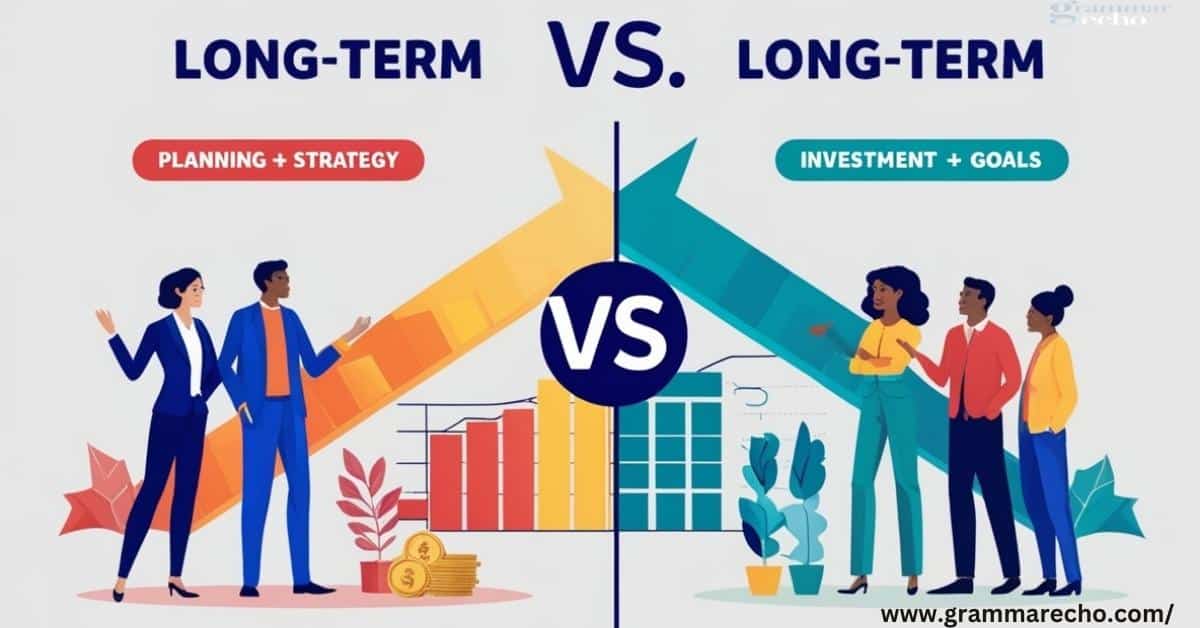
Long Term or Long-Terms: What’s the Right Choice in Writing?
When it comes to the correct usage of “long term” and “long-term,” many writers find themselves in a conundrum. Are ...
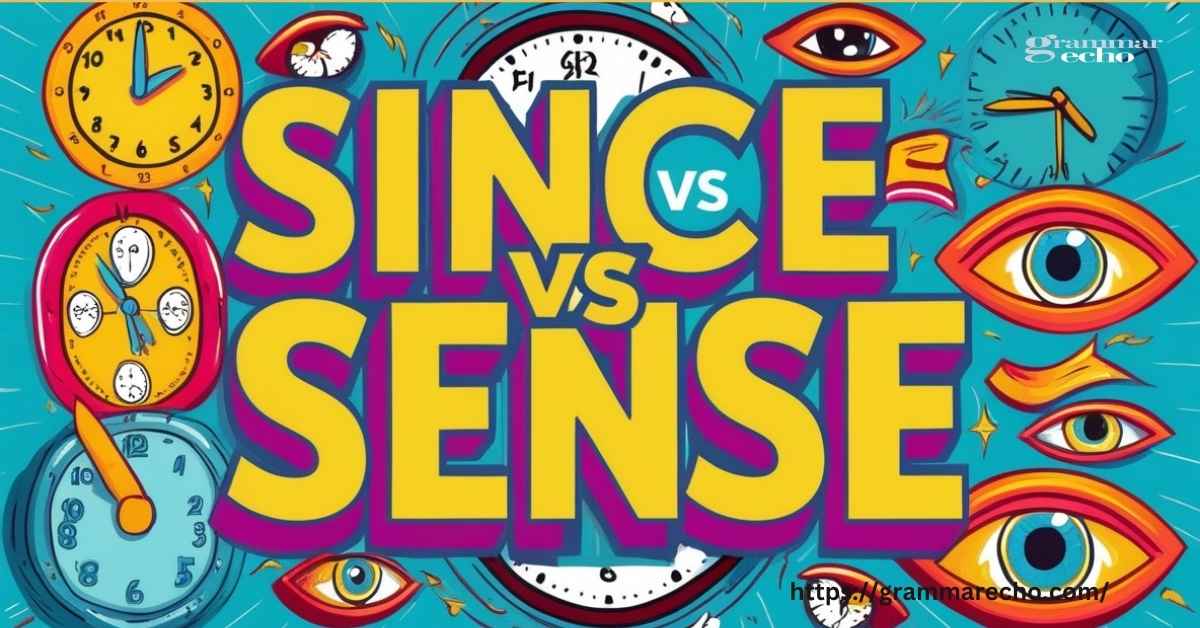
Since vs Sense – Understanding When to Use Each Word
In this article, we’ll break down the meanings, grammatical roles, and practical applications of “since” and “sense.” By providing clear ...

Vicious vs Viscous: Use Them Correctly in Writing
In the realm of language, precision is key, especially when navigating the often-confused terms vicious vs viscous. These two words, ...
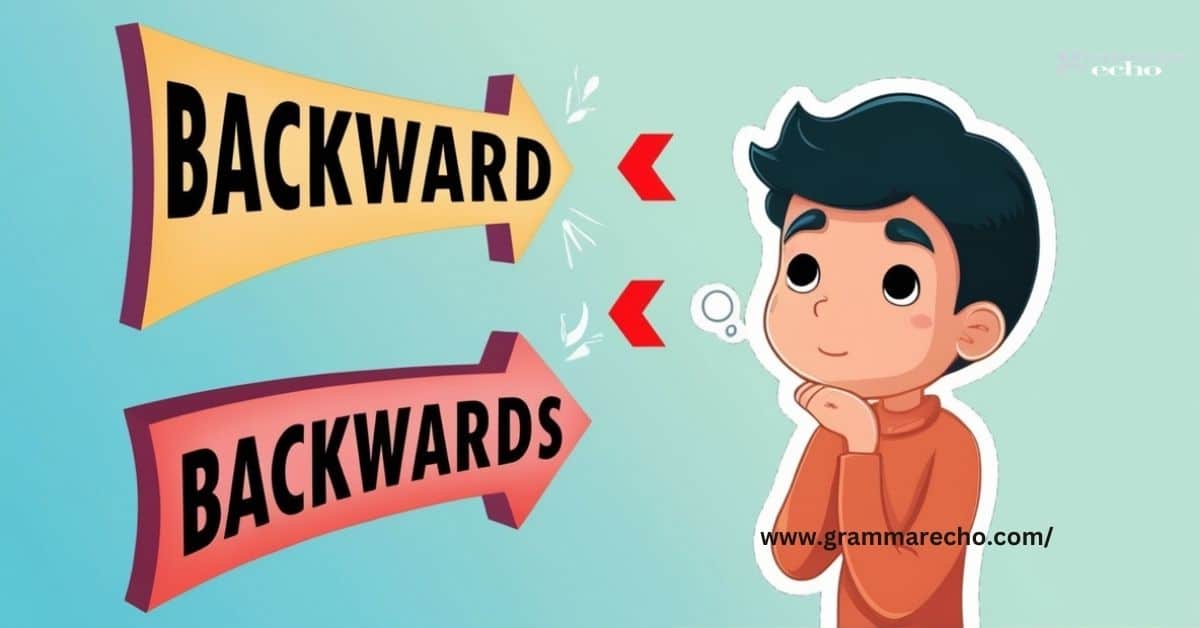
Backward or Backwards: Which is Correct?
When navigating the complexities of the English language, one common question arises: Backward and Backwards Many people find themselves puzzled ...

Compare vs Contrast: Definitions, Differences, and Examples
Understanding how to compare and contrast is essential for effective communication and analysis. In this article titled Compare vs Contrast: ...


